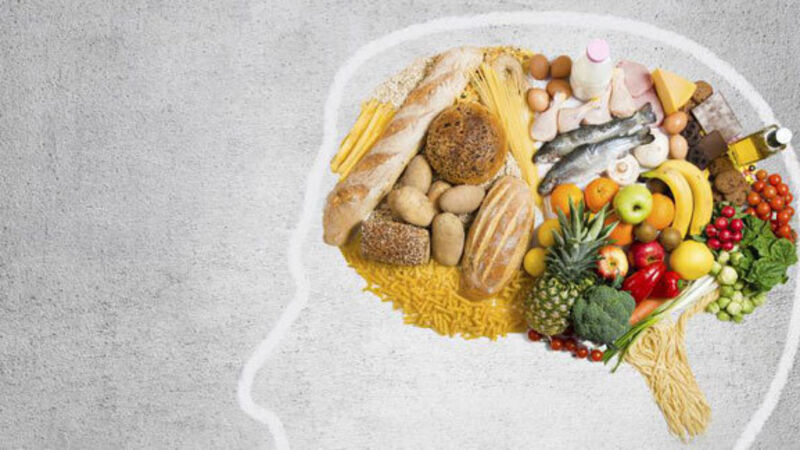Gut bacteria play a vital role to your health

FOR generations, we’ve been programmed to think of our gut as a place where bacteria proliferate. But research has shown it plays a vital role to our health.
We’ve long realised its importance to our digestive wellbeing. That’s why so many of us have added probiotic yoghurts to our diets. What we’re now beginning to understand is how important it is to our brain health too.








